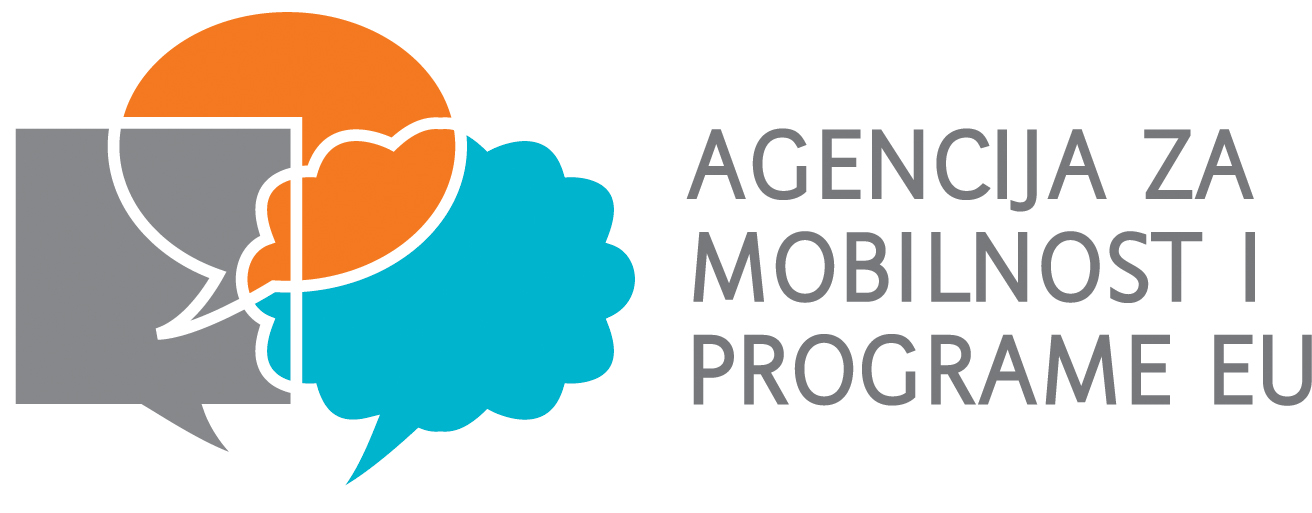"HEVET" builds on two premises:
- first, all EU nations adhere to the same fundamental political principles from which all other values emanate. These fundamental principles of politics may be traced back to the French Revolution and are based on the oft-quoted revolutionary motto, "Liberté, égalité, fraternité''. These are our shared beliefs that also receive the highest level of protection in the system of government that we know as democracy.
- second, that democracy can be preserved and reinforced over time primarily through education.
The goal of the "Highlighting European Values in the Educational Thought" (HEVET) project is to reaffirm the relationship between education and good democratic governance by empowering teachers to become "EdUcators"— teachers with the conceptual knowledge and educational toolkit necessary to impart "European values" to elementary-school students in an age-appropriate manner and foster an interest in civic engagement.
To this end, HEVET will reflect on the issues it faces in the evolving societal and political environment of the twenty-first century by drawing on theoretical principles of philosophy of education. This strategy is appropriate since some of these issues are universal and timeless, such as the question regarding the purpose of education – does it have to fulfil the needs of individuals or the society? However, some of the issues are very much related to our specific time and location. In this regard, a philosophy of education appropriate for the twenty-first century must address social transformations, that decisively influence the meaning of education, its objectives, and its practices - particularly globalization, digitalization, cultural fragmentation and transformation.
Through the following activities "HEVET" develops new educational content for students who would not otherwise be exposed to EU studies or topics: 1) innovative teaching - provided by a multidisciplinary and international teaching staff that combines conventional instruction with "blended learning" methodologies; 2) knowledge and skills transfer - networking with local/state-level actors involved in EU policies/policymaking, which will give students the essential toolkit for "values-based" education and promote civic participation among them; 3) project results dissemination and communication - ensured through a tailored combination of written, live and online deliverables.
 Pristupačnost
Pristupačnost



